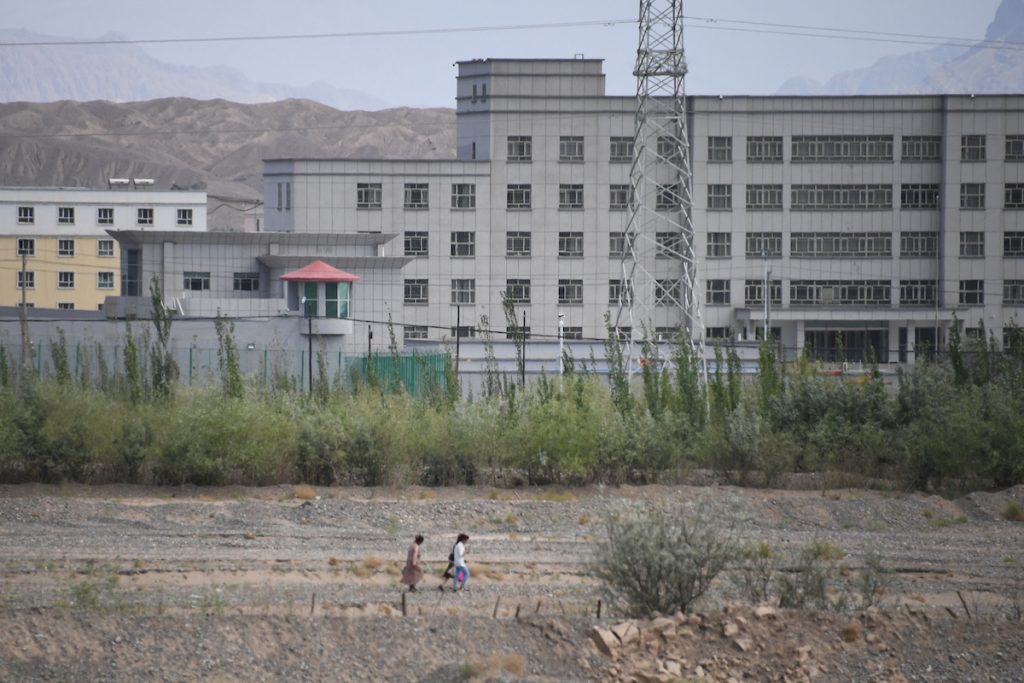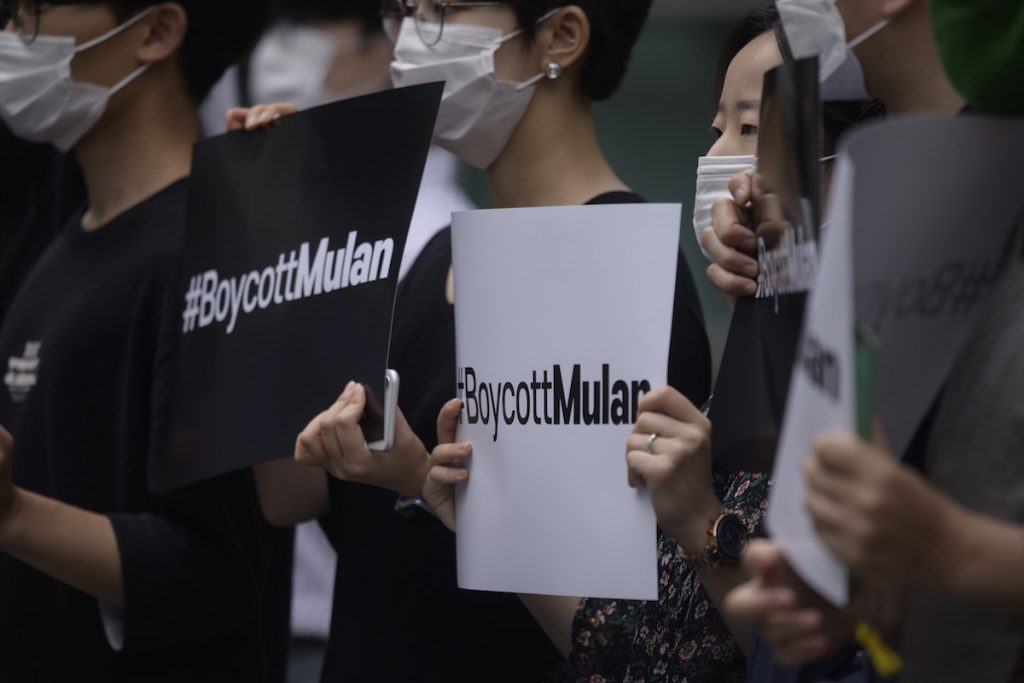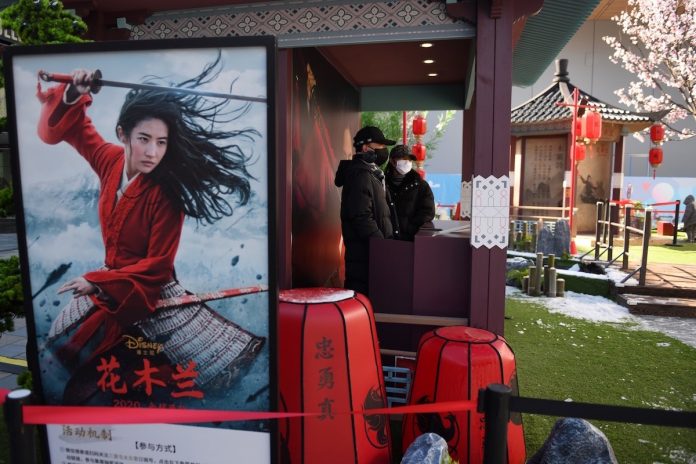Disney’s new film Mulan has drawn criticism for shooting in China’s Xinjiang region where the government is reportedly detaining over a million people, mostly Uyghurs.
In the final credits of the film, Disney thanked authorities in the Xinjiang region, including the public security bureau in the city of Turpan and the publicity department of the Communist Party of China’s Xinjiang Uyghur Autonomy Region Committee.
The communist party’s publicity department is responsible for producing state propaganda in the region.
In a report on BBC, China expert Adrian Zenz said the public security bureau in Turpan is tasked with running re-education camps in the region where Uyghurs and other Turkic Muslims are reported held in detention.
Zenz accused Disney of “profiteering in the shadow of concentration camps.”
In a Twitter post, the World Uyghur Congress said Disney expressed its gratitude to government agencies that have been “involved in the internment camps in East Turkistan.”
Student activist Shawn Zhang, who exposed the Xinjiang by using Google Earth, tweeted that if the film’s Mulan crew “arrived at Turpan airport, and took highway G312 to Shanshan desert where they filmed, they could see at least seven re-education camps.”

Turpan was allegedly the location of the first re-education camps.
“How many thousands of Uyghur were put into camps by Turpan Bureau of Public Security when filming Mulan there?” Zhang said.
Public security bureau
Zenz said the public security bureau is also responsible for “managing the construction of the camps and hiring police to staff them.”
He said the earliest evidence of the “re-education” work of Uyghurs in Turpan is from August 2013.
In June, Zenz released a report revealing that China was forcing Uyghur women to be sterilized or fitted with contraceptive devices, a report that Beijing denied.
Mulan is a remake of the 1998 animated film about a young Chinese girl who defied social norms to join the imperial army.

Before its release, the film became controversial after actress Liu Yifei expressed her support for the Hong Kong police who have been accused of abuses during the height of pro-democracy protests.
“I support the Hong Kong police. You can all attack me now. What a shame for Hong Kong,” the actress said in her social media post.
Prominent Hong Kong activist Joshua Wong called on people “who believe in human rights to boycott” the film following Liu’s statement.
Activists and rights advocates from other Asian countries also echoed the call not to support the new film.
Last week, Wong said people who watch Mulan are “potentially complicit in the mass incarceration of Muslim Uyghurs.”









